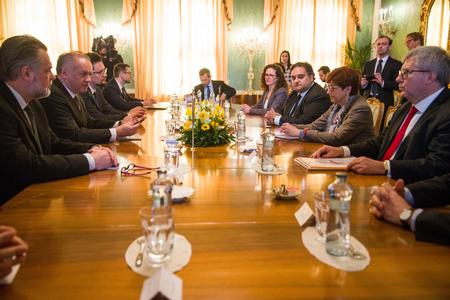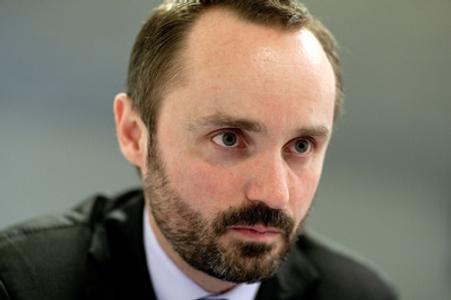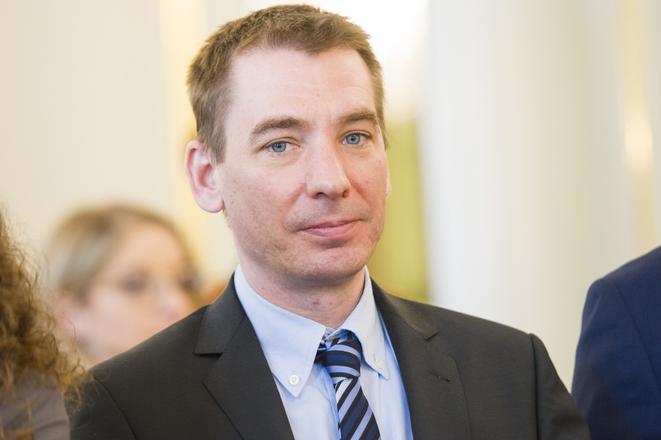The Slovak Spectator spoke with Jávor, a member of the European Parliament’s delegation that came to Slovakia in early March to look at the murder investigation of investigative journalist Ján Kuciak and his fiancée Martina Kušnírová as well as suspicions of abuse of agricultural subsidies, about his impression from the meetings, the measures planned to protect journalists, and the importance of public-service media for the European Union.

The Slovak Spectator (TSS): You visited Slovakia amid a deep political crisis as part of the official EP delegation. The murder of Ján Kuciak and the crisis that followed is believed to be a turning point for the country. What was your impression?
Benedek Jávor (BJ): My impression was that there was clearly a need for change. Society absolutely lost its trust in the government. If the government had reacted more quickly to the first demands from the public to remove the interior minister and the head of police, the whole story could have been settled with less loss for the government. The government believed they could survive the crisis without major changes, which I think was a wrong understanding of the situation. They realised too late that they needed to act. By that time the demands went far beyond those original ideas.
Still, there is some tension, there are many people who believe that this is the same government with different faces, and nothing has substantially changed. We have to keep our eyes on the development in Slovakia, if the steps of the new government can calm society and offer solutions for the crisis.

TSS: From your observations during talks with government members, were there indications that resignation was an option?
BJ: I think that the resignation of Interior Minister [Robert] Kaliňák had already been decided, but it wasn’t communicated to us. I think that at the time they still hoped that with some minor modifications they could survive the crisis. We didn’t receive any indications neither from PM [Robert] Fico nor from other officials of a willingness to major reshuffles in the government.
TSS: Hungary has been struggling with tendencies of diverting the country away from the path of liberal democracy. Did you see any similar symptoms in Slovakia during your visit, when you met with the now former PM Robert Fico and other governmental and non-governmental representatives?
BJ: Not really. When we had meetings with Slovakia’s officials, they were really constructive and cooperative. They assured us that they are ready to cooperate, really committed to European fundamental rights and values, and it was in their best interest to follow them. They always underlined that Slovakia is a stable basis for European integration process and the troubles of the region.



 MEP Benedek Jávor (source: TASR)
MEP Benedek Jávor (source: TASR)